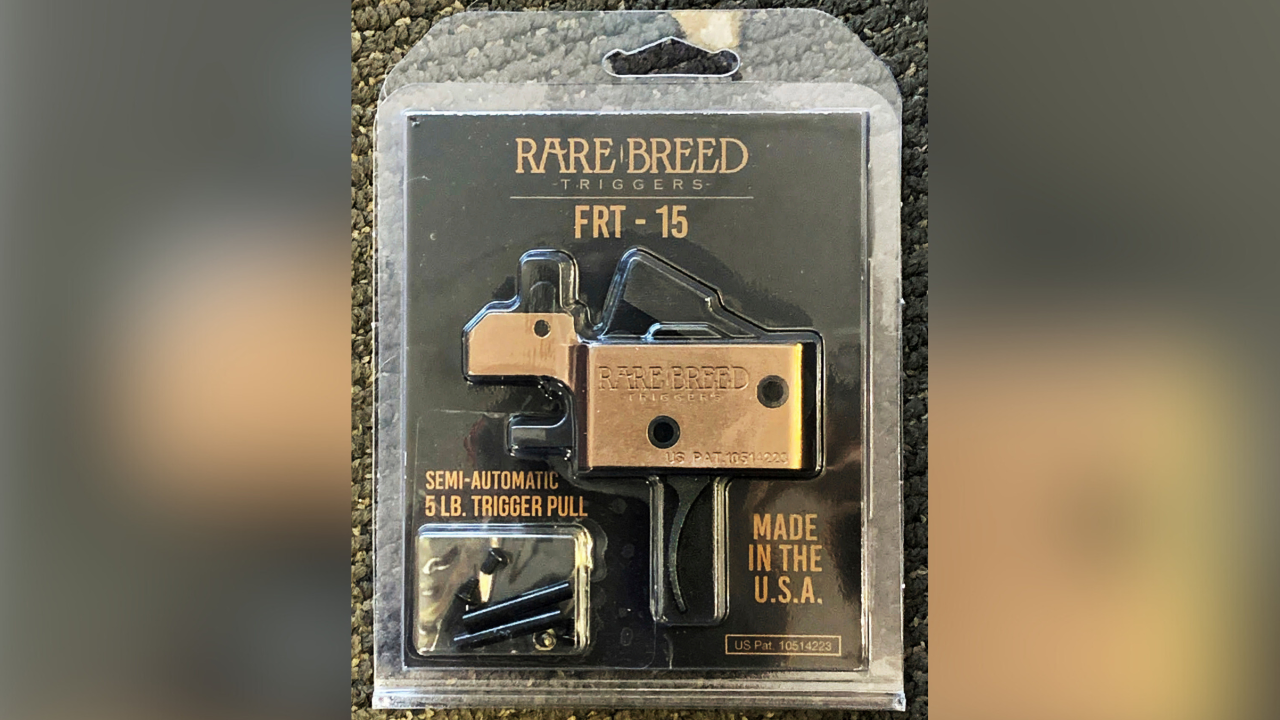Antony Lee Turbeville Explores How To Use Real Estate In Medicaid Planning
This article about Antony Lee Turbeville discusses the importance of real estate in Medicaid planning.
He discusses planning for home and other assets when receiving Medicaid benefits.
Turbeville touches on the point that people on Medicaid should ensure they have enough money to cover their basic needs, such as food and housing. He also says people should not “gift” or transfer their assets to qualify for Medicaid without the guidance of a professional because it can affect their eligibility for Medicaid benefits.
The Basics About Medicaid Rules
If you decide to be on Medicaid, you need to know the requirements for eligibility. Your “countable” assets and income must be under a certain threshold as a recipient. As a high-level explanation, countable assets are assets that are considered for the determination of Medicaid eligibility. Assets can be protected to be considered “non-countable.” Non-countable assets have two further categorizations: “exempt” and “excludable,” one of which can be recovered by the state through probate. The other cannot, and the goal of asset protection is to protect assets to qualify for Medicaid while also protecting the assets from probate recovery.
What does this mean for you? Antony Turbeville says, “You need wise planning to protect your assets before opting for long-term Medicaid. You need to consult with a Medicaid approval expert and often an attorney specializing in Medicaid.
Over 30 strategies can be used in Florida to protect assets for last-minute Medicaid qualification.
These strategies range from ultra-simple to ultra-complex. Tony Turbeville says, “I have never seen a case that cannot be approved for long-term care Medicaid. I have seen cases where I have advised that it’s not worth it, but never one that couldn’t be done”.
Tony can be reached at 800-582-1934.



